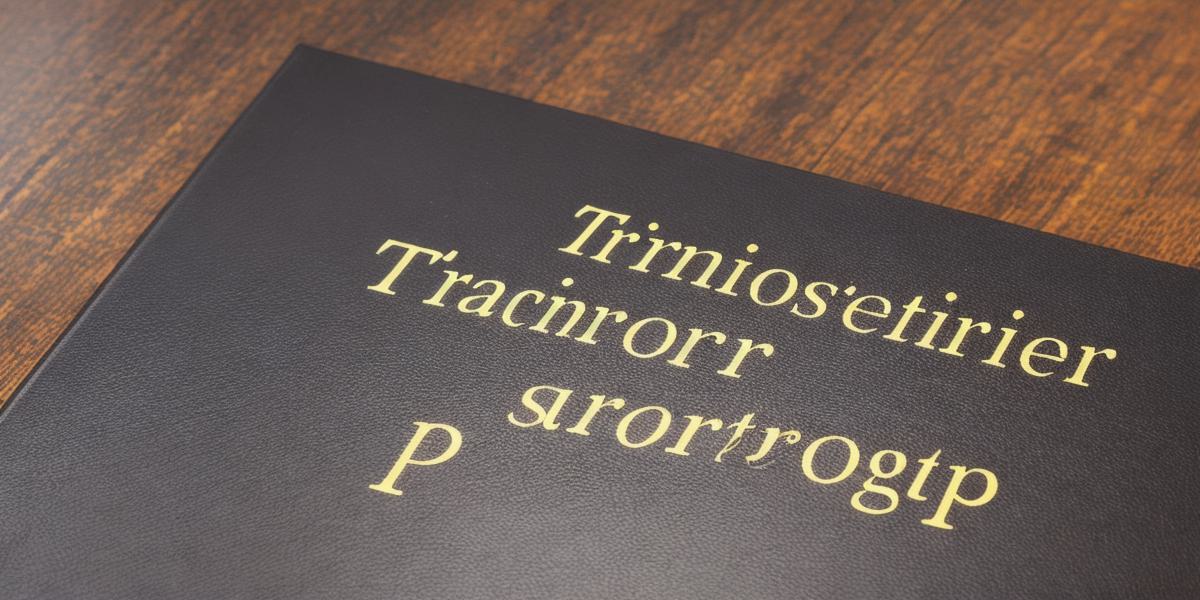Transferring Property Ownership in Pakistan: A Step-by-Step Guide
Introduction:
Transferring property ownership in Pakistan is a common task for many individuals and businesses. Whether you are buying or selling a property, understanding the process can be a daunting task. However, with proper guidance and knowledge, it can be an efficient and hassle-free process. In this article, we will provide a step-by-step guide on how to transfer property ownership in Pakistan.
Step 1: Find a Lawyer
The first step is to find a lawyer experienced in property law. They will help you navigate the legal complexities of transferring property ownership in Pakistan. Your lawyer will also ensure that all necessary documents are prepared and filed correctly. It is important to note that transferring property ownership without proper legal guidance can result in costly mistakes and legal complications.
Step 2: Prepare the Required Documents
The second step is to prepare the required documents for the transfer of property ownership. These documents include a transfer deed, a power of attorney, and a stamp duty receipt. Your lawyer will provide guidance on how to prepare these documents correctly. It is important to note that all documents must be notarized and stamped before they can be used.
Step 3: Pay Stamp Duty
The third step is to pay the stamp duty. The stamp duty is a tax levied by the government on property transactions in Pakistan. The amount of stamp duty varies depending on the value of the property being transferred. Your lawyer will help you calculate the stamp duty and ensure that it is paid correctly.
Step 4: Register the Transfer
The fourth step is to register the transfer with the relevant authorities. This includes registering the transfer deed with the Sub-Registrar’s Office and obtaining a receipt from the Collector’s Office. It is important to note that the registration process can take some time, so it is recommended to start this process well in advance.
Step 5: Transfer Possession
The fifth step is to transfer possession of the property. This involves handing over the keys and other necessary documents to the new owner. It is important to note that possession transfer does not mean legal ownership transfer. Legal ownership transfer will only occur once the transfer deed has been registered with the relevant authorities.
Summary:
Transferring property ownership in Pakistan can be a complex process, but with proper guidance and knowledge, it can be an efficient and hassle-free process. It is important to note that seeking legal guidance from an experienced lawyer is crucial for a successful transfer of property ownership. By following the above steps, you can ensure a smooth and successful transfer of property ownership in Pakistan.
FAQs:
- What are the required documents for transferring property ownership in Pakistan?
- The required documents include a transfer deed, a power of attorney, and a stamp duty receipt.
- How long does it take to register the transfer of property ownership in Pakistan?
- The registration process can take some time, so it is recommended to start this process well in advance.
- Is there any tax levied on property transactions in Pakistan?
- Yes, there is a stamp duty levied by the government on property transactions in Pakistan. The amount of stamp duty varies depending on the value of the property being transferred.
